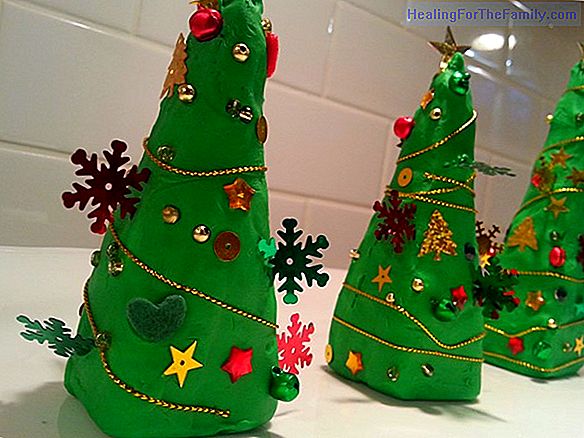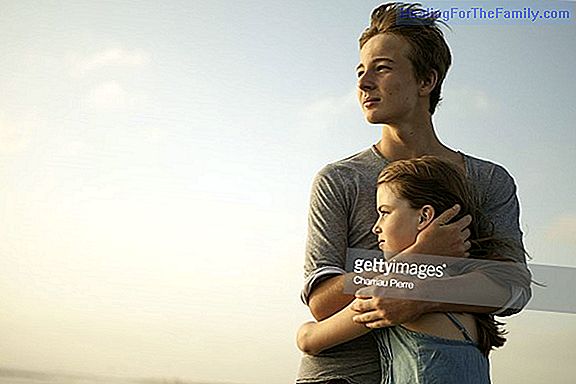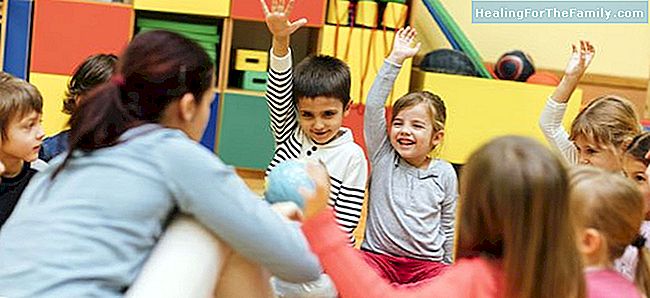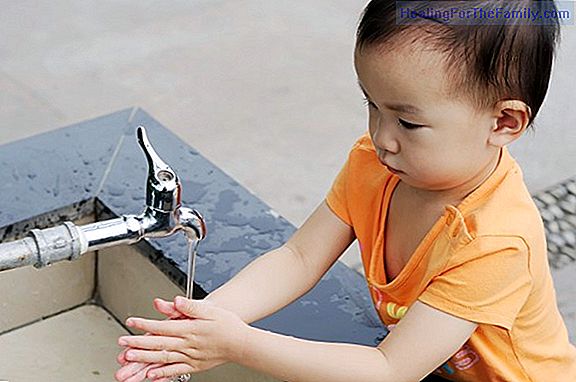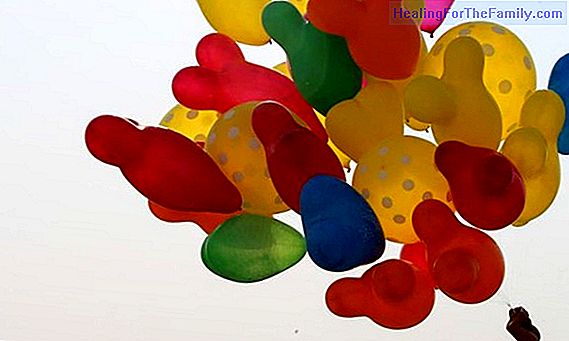How to help children who self-harm
Self-injury is when someone provokes damage or deliberate injury, this can happen on a regular or permanent basis. As a general rule, an adult or a child who harms themselves is suffering a lot of emotional pain that can be difficult to cope with or even to understand. Some children use self-harm as
Self-injury is when someone provokes damage or deliberate injury, this can happen on a regular or permanent basis. As a general rule, an adult or a child who harms themselves is suffering a lot of emotional pain that can be difficult to cope with or even to understand.
Some children use self-harm as an emotional outlet, where they try to alleviate or control pain or confusion. Self-injury is often a secret behavior that takes place in solitude.
Why children hurt themselves
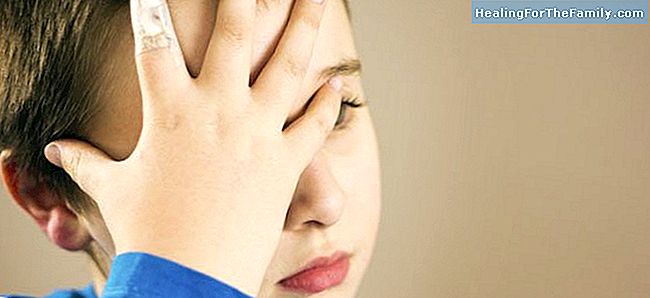
Children can self-injure to deal with emotional pain, to try to manage associated feelings such as some difficult changes, as a way to punish themselves, to try to escape unwanted thoughts, to try to regain control of his life, to fit in with his companions and be accepted by a group of equals, to rebel against authority.
It is very important to get help from a professional when a child deliberately self-injures, but it is even more important to have a healthier and happier life. If you feel guilty it may seem that you feel fear and your child will not feel the support and support you need to overcome what is affecting you.
What a self-hurting child needs to learn
It is necessary that through the approach children are used to new skills to manage their emotions and negative thoughts. It is also possible to build on your strengths, something that you will have to be able to use in all areas of life. A child who self-injures will have to learn to:
- Deal with stress.
- Develop skills to control self-destructive thoughts.
- Learn positive relationship skills with others and with oneself.
- Encourage assertive communication, conflict resolution, assertiveness, learn to resist group pressure and learn to manage complicated relationships with others.
- Deal with painful and forceful feelings.
- Replace self-harm with other more positive coping strategies.
Children who self-harm need to be heard, supported and understood. They need to talk about their feelings and the changes they want in their lives in order to be better. You must be the person with the most confidence to be able to talk about anything.
What you need to do as a parent
It can be useful to talk and seek support from friends and family because they can help create creative and real solutions to problems. In addition, many children find it easier to talk with people outside the family.
Also as a parent you can try to help your child in the following ways:
- Talking with a professional who will guide you in your actions. Lleva - Keep a diary to learn to express your feelings in a positive way and teach your child to do the same.
- Encourage your child to exercise.
- Point your child to activities that he likes so he can express himself emotionally such as dancing or music.
- Learn relaxation and / or meditation techniques together.


